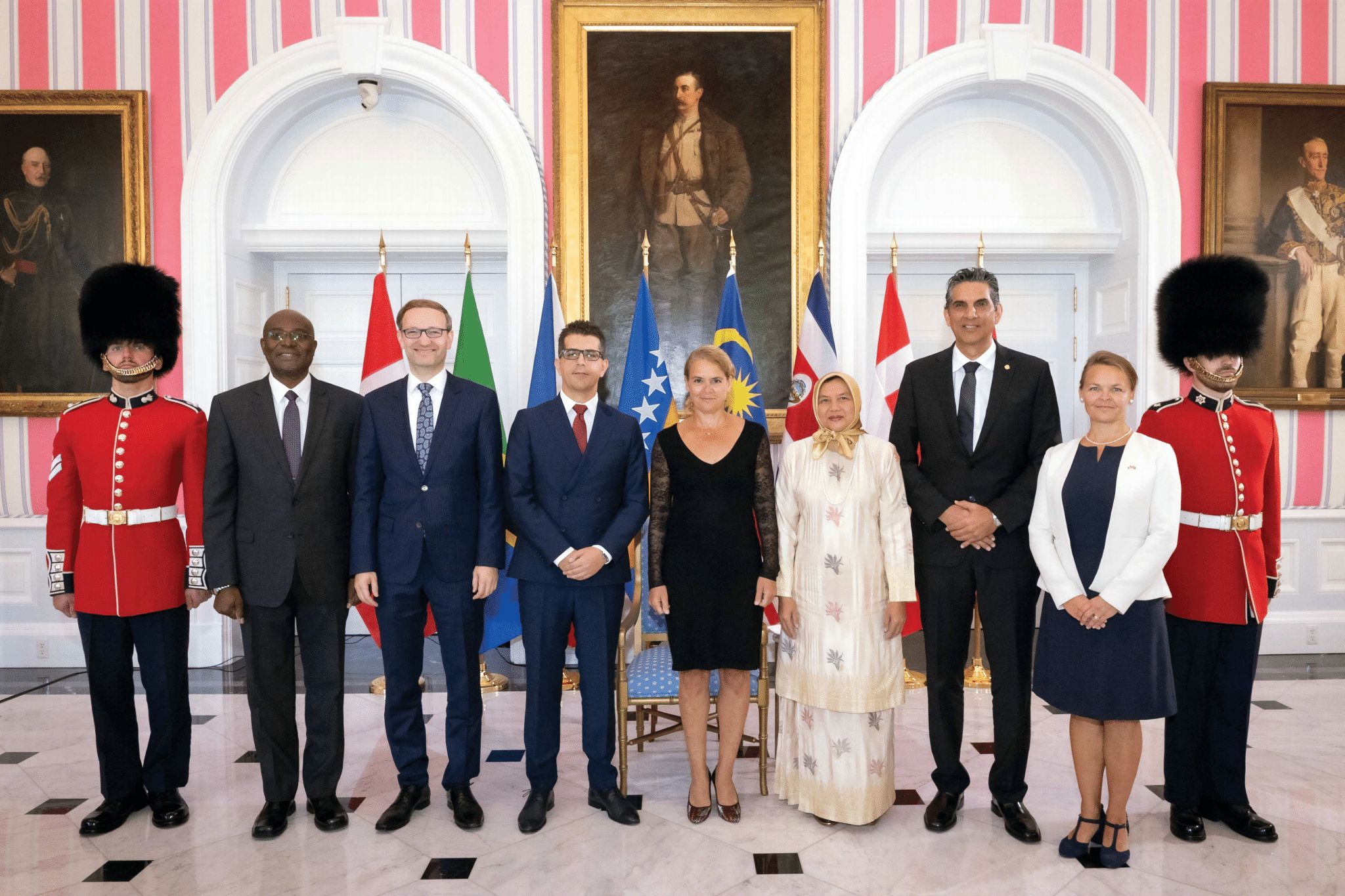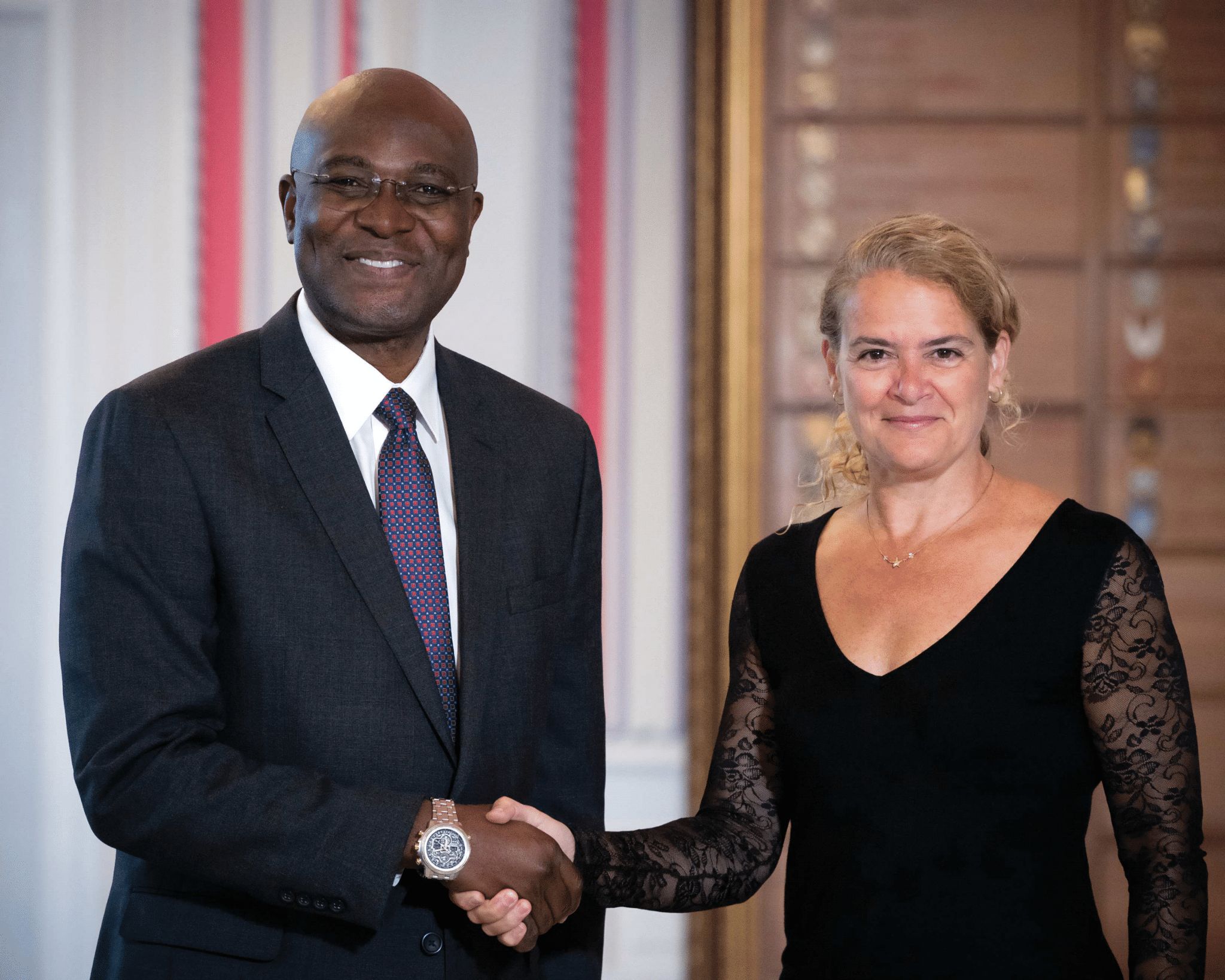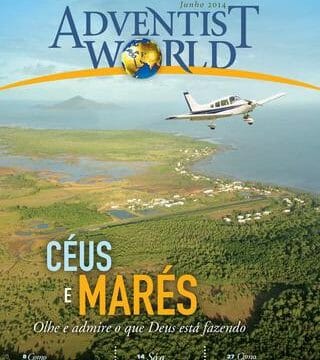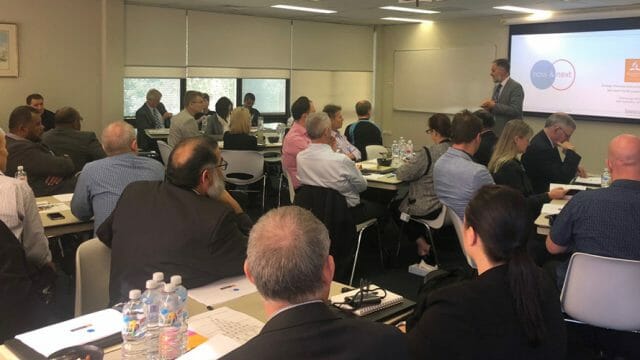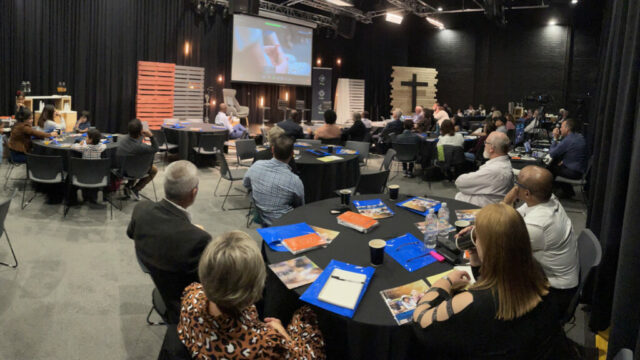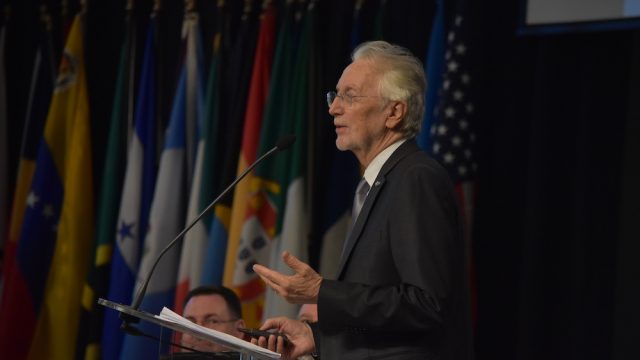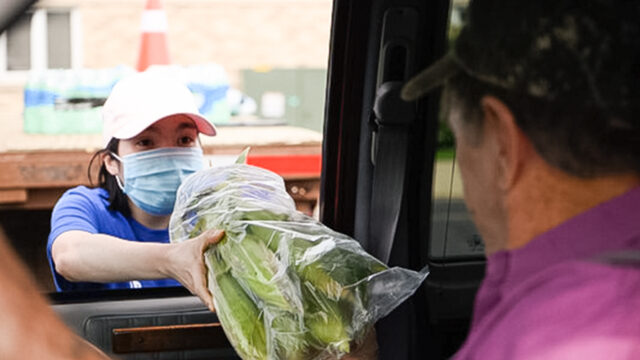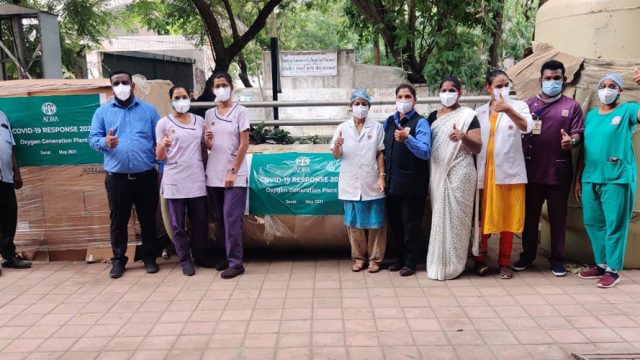Mpoki Mwasumbi Ulisubisya was high commissioner to Canada from 2019 to 2022.
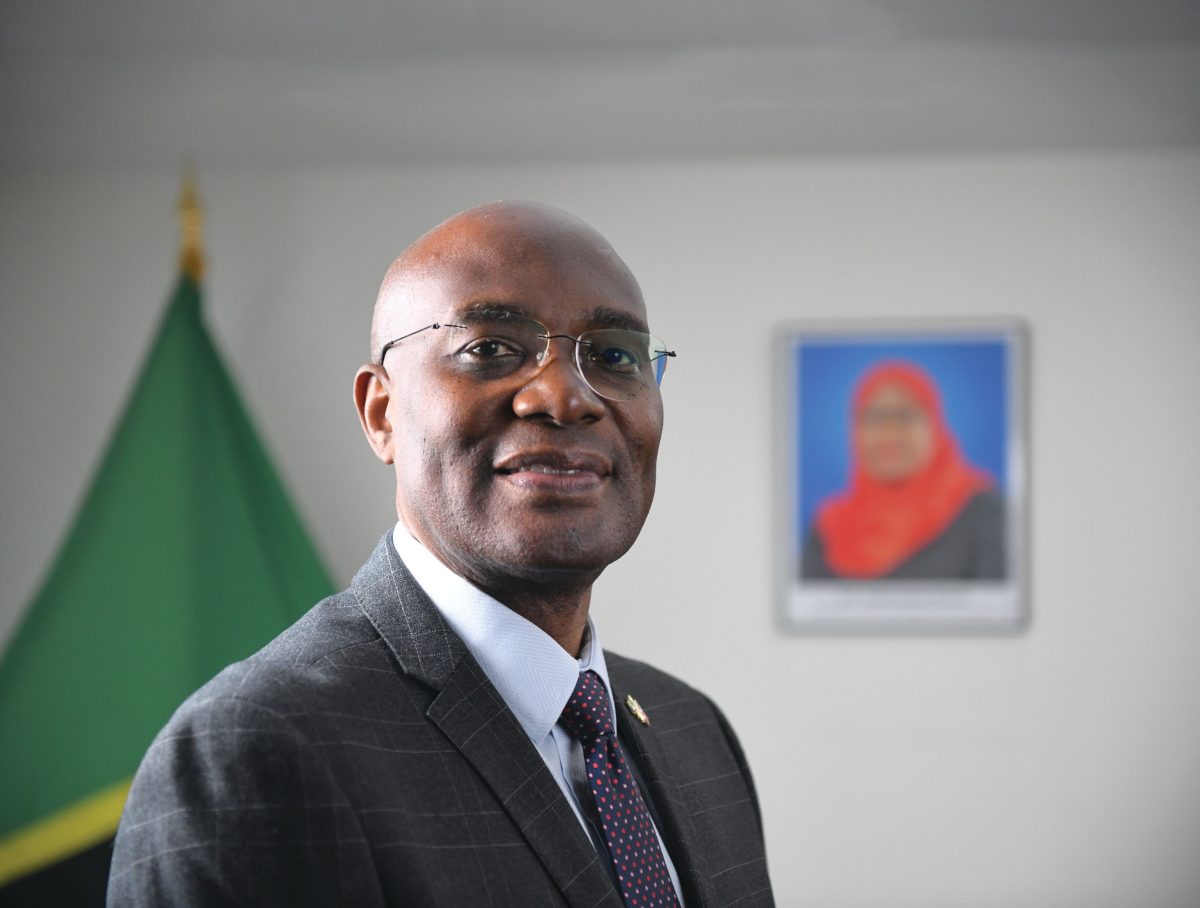
In the 1940s, a police officer was assigned to monitor a series of Adventist evangelistic meetings in the East African country then known as Tanganyika. But that officer did more than just monitor the event. He watched. He listened. And when Jesus spoke to him, that man opened his heart to his Savior’s love and followed Him.
Soon the police officer became a trained Adventist evangelist himself. He was sent to Uganda, but as he watched and listened again, he knew he was being led home to his native Masoko in the country now called Tanzania. He returned to Masoko as an unpaid lay evangelist because he knew Jesus was leading him to bring the gospel to His people there.
William Tito Mwakibinga, our police officer-turned-evangelist, is regarded as an Adventist pioneer who believed in education. His work — and the plot of land he offered — contributed to the Masoko School being established. Family members attended there. They, too, became Adventists and went on to become high-placed government officials, pastors, and even professors in the medical school where Tito’s grandson would eventually attend.
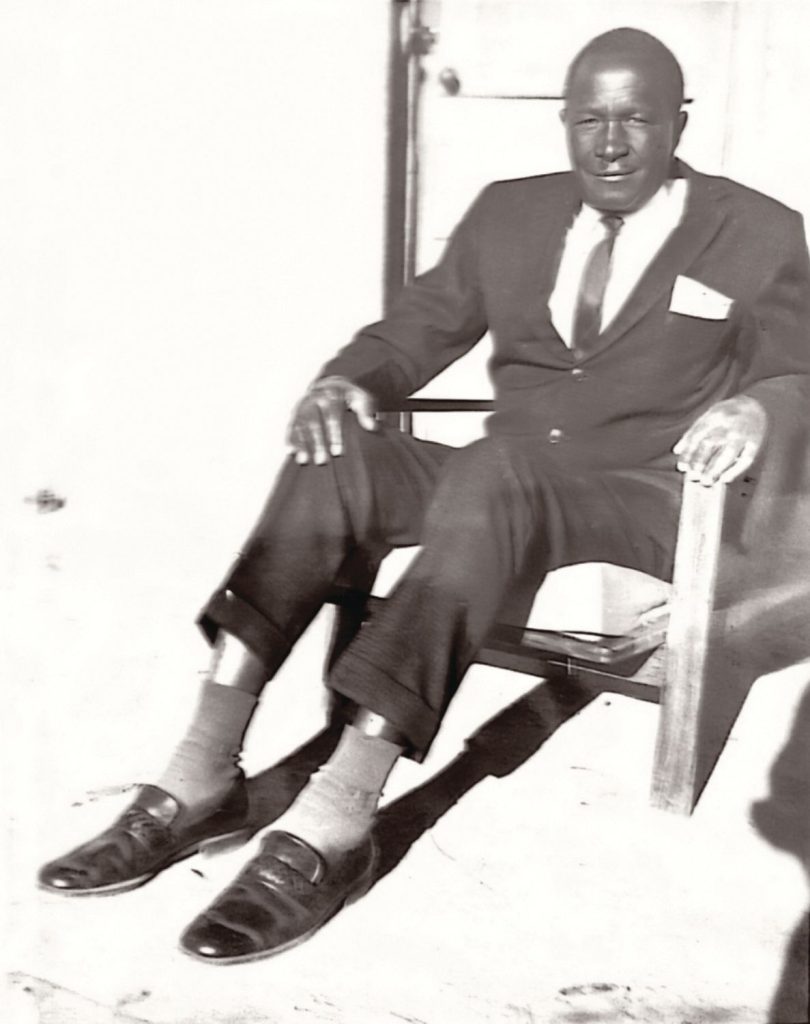
A Legacy of Christian Character
Mwakibinga, popularly known as Mzee Tito (Elder Tito), lived his faith among the people. He visited them in their homes. He spoke the Word of God to them. Freedom, justice, fraternity (brotherhood), and concord (harmony, unity, friendship, peace) — these words that would become embedded in Tanzania’s constitution in 1977 — were already traits in his character.
These character traits were passed down to Tito’s daughter, Ellena Kalinga. Ellena and her husband, Ulisubisya G. Mwasumbi, a pastor, would pass them on to their son, Mpoki Mwasumbi Ulisubisya.
Nurtured in a Village of Fellowship
Ulisubisya was born between the years that Tanganyika and Zanzibar, respectively, gained independence from Britain by peaceful means. He was almost two years old when these countries came together, in 1964, to form the United Republic of Tanzania (“Tan” from Tanganyika and “Zan” from Zanzibar). As he grew, he watched and listened as the new United Republic developed around him.
By age 15, Ulisubisya knew he wanted to be a doctor. He had watched someone he loved try, unsuccessfully, to recover from an adverse reaction to an anesthetic. He listened as the Lord strengthened his determination to find out why this had happened and to ensure that it would not happen again. He prayed hard for the Lord to lead and guide him in that direction.
“I went to public primary schools in Tanzania,” he said. “There were no Adventist primary schools in the country at that time. I studied at Adventist secondary schools in Tanzania and Kenya. We prayed every morning and evening. We had ‘weeks of prayer’ and campmeetings. Fellowship was nurtured. Since there was a ministerial training institute nearby, pastors and influential people who were strong in the faith spoke to us regularly. Seeing that people could be serious about religion and still succeed in life made me want to know more. I cannot overestimate the value of an Adventist education.”
Lessons From the Home Life of a Teacher
Ulisubisya credits Charles R. Nyantika, the teacher who adopted him as a spiritual son, for playing a large role in how his path of faith unfolded.
“Charles and his wife, Dinah, are committed Christians to this day,” he said. “Before I began my undergraduate studies toward my Doctor of Medicine degree, Charles asked me to teach at the Nyanchwa Adventist Secondary School in the South Kenya Conference. I was invited to stay in their home. During the two years I lived with them, I never heard them quarrel. They would discuss issues quietly. Charles would pay attention to what Dinah was saying. He would either agree or provide an alternative position. They showed me what living Christianity looks like; they contributed to my desire to continue to learn more.”
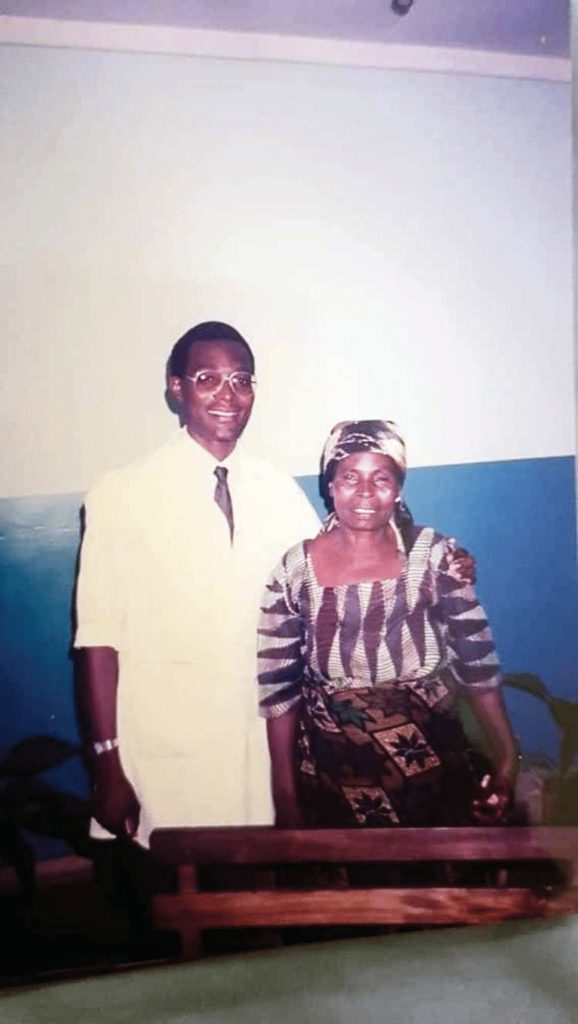
Ulisubisya was 22 years old when he went to live with Charles and Dinah. As he reflects on those early years, he says, “When it comes to God’s Word, the gap between our knowledge and ignorance is so wide that when you come across people endowed with the grace to explain and expound on the Word of God, there arises in some of us a desire to be like them. We wonder how they do it. The answer is the same in every generation: they study God’s Word and pray.”
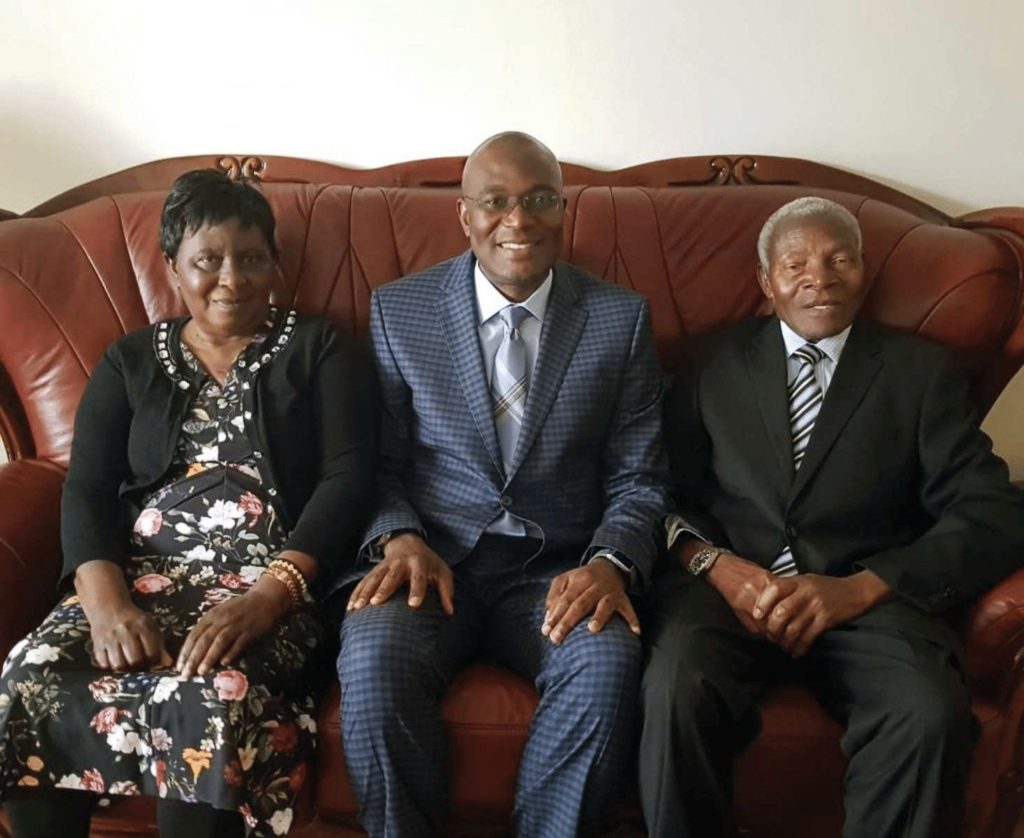
He added, “Charles and Dinah, my spiritual parents, my Christian friends who determined in their hearts to serve in gospel ministries, my family — these people have always had a very, very serious influence in my life. They’ve encouraged me on the spiritual path I’m following to this day.”
Putting Dreams on Hold
Ulisubisya’s medical studies took him to Dar es Salaam and Mbeya, both in Tanzania; Perth, Australia; and Hyderabad, Andhra Pradesh, India. Halfway through his second year of medical school, as he pursued the profession he felt called to and most wanted, he made the decision to lay his career on the altar. Only God could save his dream to become a doctor. Ulisubisya’s decision enabled the Lord to intervene in a most unusual way.
He explains, “Exams were held on the Sabbath [Saturday]. For the first one-and-a-half years of medical school, arrangements were made with the teachers for me to do my exams on other days, but then the teachers became uncomfortable with these arrangements. I was told to do my exams on Saturday or choose to do something else with my life. I told them my position on this subject was clear and unwavering: I would not write the exams on Saturday. I was given a letter, and I left the university. I wasn’t discontinued [expelled]; my status was simply switched to withdrawn. This meant I now had two academic years to requalify to continue my studies.”
So, the year 1990 went by, and 1991 was well underway when, through the actions of the president of the United Republic of Tanzania, God made a way for a faithful young man to continue his studies.
“It was May 1,” Ulisubisya recalled, “just a few months before all hope of resuming my medical studies would be lost forever. Deep in my heart, I trusted that God would make a way for me, but I never expected that He would use the president to do it. Up until April 30, Tanzania had a six-day work week — Monday to Friday and half a day on Saturday. On May 1, the president decreed that Tanzania would conform to a five-day work week. By God’s grace and mercy, I was finally able to continue my studies. I experienced God’s kept promises for myself. I continue to experience them to this day.”
Led by God to Lead
Ulisubisya was the high commissioner of the United Republic of Tanzania to Canada from 2019 to 2022. When asked what he missed most about his homeland, he quickly and emphatically replied, “The people! I miss them.”
Tanzania misses her people too! Part of Ulisubisya’s work as high commissioner was to encourage the people of the Tanzanian diaspora to become part of the first-ever database created with them in mind. The Tanzanian government is reaching out to Tanzanians everywhere.
In Tanzania, Ulisubisya served as an elder in the Magomeni Seventh-day Adventist Church, fulfilling many roles. He brought his willingness to serve to the Ottawa Seventh-day Adventist Church, where he was welcomed and feels he’s found a Canadian church home. As a Sabbath school facilitator, he championed the role Sabbath school has in our Christian experience.
“Every day of the week is Sabbath school,” he said, “and I love it because it keeps us glued to the Word! As for fellowship: the best way to fellowship is to remove the component of timing. We’re supposed to be addressing needs, so until those needs are met at that particular point, we should not be saying we’ll continue this next week.”
A Doctor’s Dream Fulfilled
You may be wondering if Ulisubisya realized his dream of ensuring that anesthesia is a safe procedure for everyone. Just like his grandfather, he became a pioneer. In February 2014, Ulisubisya became a Founding Fellow of the College of Anaesthesiologists of East, Central and Southern Africa (CANECSA). An affiliate college of the East, Central, and Southern Africa College of Health Sciences, CANECSA works to advance education, standards, and research in safe anesthesia and critical care for the people of east, central, and southern Africa.
In September 2022, Ulisubisya was a keynote speaker as president of CANECSA at the All Africa Anesthesia Congress held in Kigali, Rwanda. The theme was “Innovation and Rejuvenation in the Post-Pandemic Era.”
In late 2022, Ulisubisya received notice that he is being recalled to Tanzania. But in Canada or Tanzania, he pledges to continue encouraging everyone to watch, to listen, and to follow God. Because, as he puts it, “It’s never about me. It’s always about God!”
The original version of this story was posted on the January 2023 issue of Canadian Adventist Messenger.


